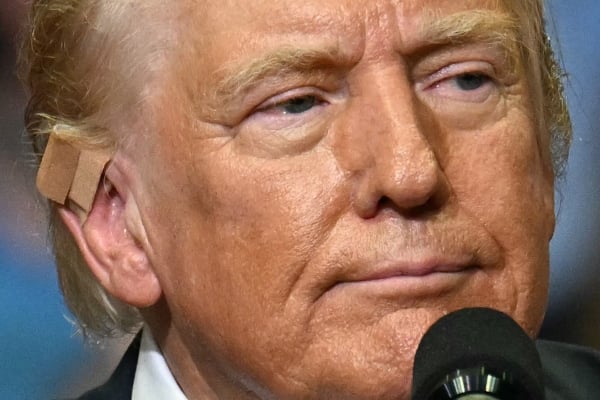In the age of social media, expressing one’s views and beliefs online has become increasingly common. However, when those views cross the line into advocating for violence or harm against others, questions around academic freedom and free speech arise.
Recently, a controversial incident at a prestigious university has sparked a debate about where the line should be drawn when it comes to expressing offensive and potentially dangerous ideas. A professor at the university made a series of posts on social media advocating for the assassination of a prominent political figure. While the professor claims these posts were meant as a joke or satire, many have condemned them as irresponsible and dangerous.
The incident has reignited a long-standing debate about academic freedom and free speech. On one hand, proponents argue that academic freedom should protect even controversial and offensive speech, as long as it does not incite violence or harm. They claim that in order to foster a truly open and diverse academic environment, all ideas – no matter how unpalatable – should be allowed to be expressed.
On the other hand, critics argue that advocating for violence, even in jest, goes beyond the bounds of free speech and academic freedom. They claim that such behavior creates a hostile and unsafe environment for students and faculty, and sets a dangerous precedent for what kind of speech is acceptable in academia.
Ultimately, the question remains: does academic freedom excuse offensive posts about assassination attempts? While academic freedom is a vital component of a healthy and open intellectual environment, it should not be used as a shield to protect speech that crosses the line into incitement of violence and harm.
In situations like this, universities have a responsibility to carefully consider the impact of such speech on their community and take appropriate action to address any harm caused. This may include disciplinary measures, sensitivity training, or other interventions to ensure that all members of the academic community feel safe and respected.
In the end, the issue of offensive speech and academic freedom is a complex and nuanced one. While the right to free expression is important, it must be balanced with the responsibility to protect the well-being and safety of all members of the academic community. As we grapple with these difficult questions, it is essential that we strive to create a truly inclusive and respectful academic environment for all.



